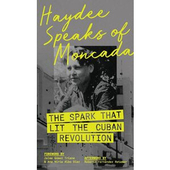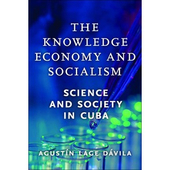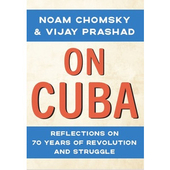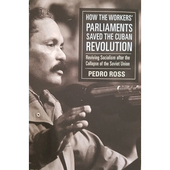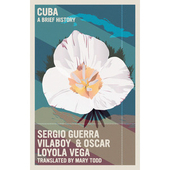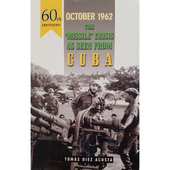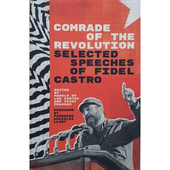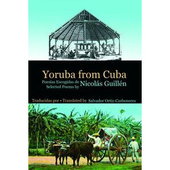The Cuba Solidarity Campaign campaigns in the UK
against the US blockade of Cuba and for the Cuban
peoples' right to self-determination and sovereignty
against the US blockade of Cuba and for the Cuban
peoples' right to self-determination and sovereignty
CSC shop / Books /
Shop by category?
We have 260 items in our shop
-
Gifts | Art Prints, Posters And Cards | Clothing | Coffee, Food And Drink | Books | Music | Films | Badges And Flags | Miami Five | Che Guevara | Fidel Castro | Cuban History And Politics | Women | Health And Education | Poetry, Fiction And Cinema | Walk For Cuba | Cycle Cuba Experience | Events And Tickets |



